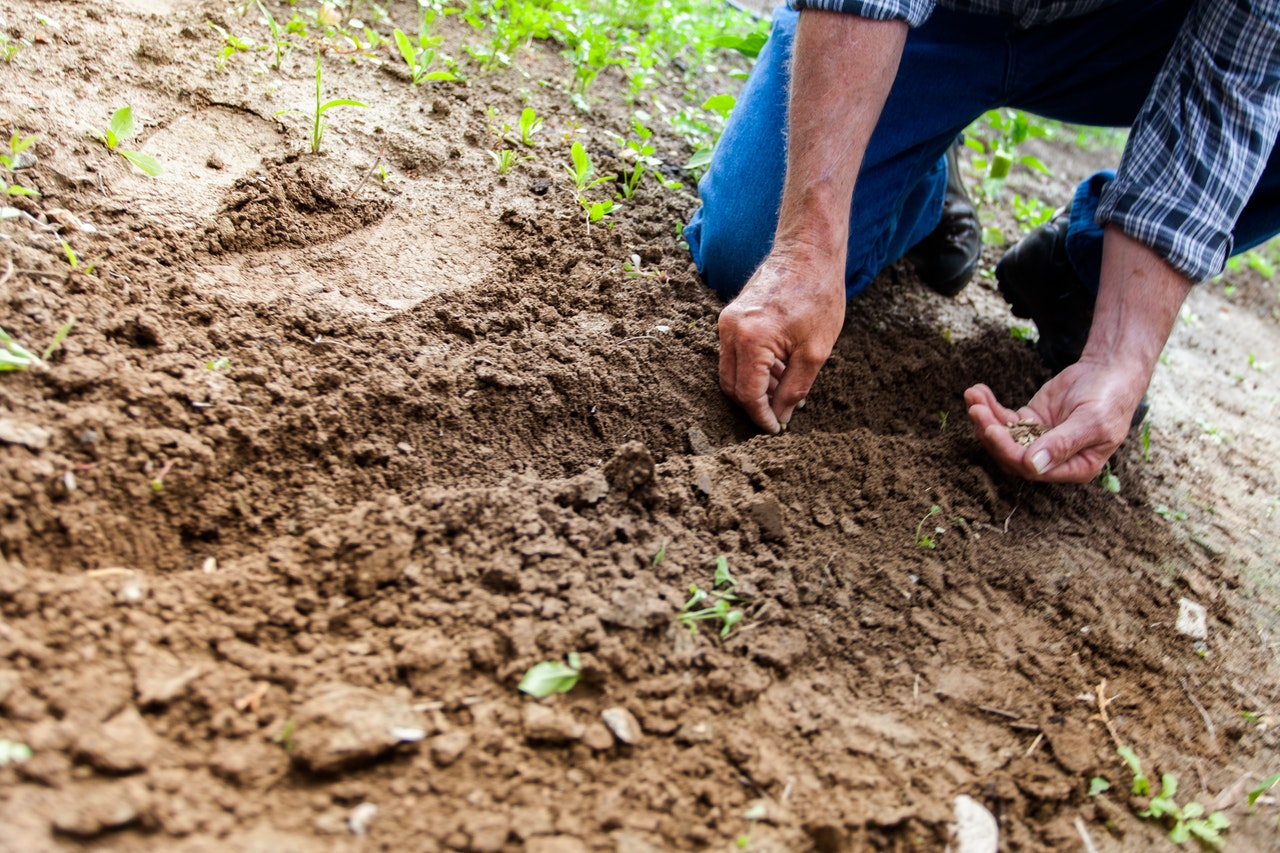
Organic farming is a system of food production that combines best environmental practices, a high level of biodiversity, the preservation of natural resources and the application of high animal welfare standards.
Organic farming has been shown to support pollinators and promote biodiversity. This is because it helps stabilize populations of bees and butterflies by increasing floral resources and forgoing the use of toxic pesticides.
Pollinators
Pollinators - bees, butterflies and other insects - are critical to our food supply, as they carry pollen from one flower to the next. They are also important for wild plant communities, which provide essential nutrients and shelter.
Organic farming supports pollinators by limiting the use of synthetic pesticides and fertilizers. It also promotes biodiversity by incorporating a variety of non-chemical pest management techniques.
In a recent study, researchers from Sweden found that bumblebee populations on organic farms thrived and were more stable over time and space than those on conventional farms. This is the first large-scale study to show that organic farming methods support pollinator diversity.
In the United States, farmers can protect pollinator habitat through a number of USDA conservation programs that can help them improve the health of their cropland while improving their bottom line. NRCS conservationists and wildlife biologists as well as partners like Xerces offer technical assistance to help producers choose which conservation practices are right for their land.
Biodiversity
Insect pollination is critical to crop production, and the loss of habitat for these insects has become one of the major threats to biodiversity. Organic farming helps to combat this problem by allowing the health of wild pollinators to improve.
Organic farming also increases biodiversity by providing structures for wildlife to live in and by not using pesticides on crops. This provides shelter and food for birds, butterflies, frogs, and other animals.
Researchers found that bees, butterflies, and other pollinators had more diverse and stable populations on organic farms than on conventional farms. This is likely due to the presence of late-season flowerings that allow bees and other pollinators to reproduce and return to the same farm in the following year.
Other studies have also indicated that organic farming increases species richness and abundance on a global scale. A recent study analyzed 94 scientific papers published before 2011 and found that, on average, organic management increased species richness by 30%.
Water
Organic farming focuses on soil health and biodiversity, reducing the use of synthetic inputs such as fertilizers and pesticides. By replacing these with natural resources such as compost, animal manure and green manure, organic farms produce healthier soils that are better able to retain water and absorb carbon dioxide from the atmosphere.
Moreover, organic farmers avoid the use of toxic chemicals that are absorbed into groundwater and wash into streams. Instead, they promote beneficial wildlife and encourage crop rotation to reduce the risk of eutrophication, an extreme form of water pollution that has harmful effects on fish populations.
Several studies have shown that biodiversity on organic fields is higher than that of conventionally grown crops. Biodiversity can be promoted by the use of a wide range of methods, including cover cropping, companion planting, crop rotation and agroforestry.
Health
Organic farming helps maintain more natural habitat areas for plants, animals and insects. It also encourages birds and other natural predators to live on the land and naturally control pests.
Pollinators are critical to global food security. They are vital to the production of fruit, vegetables and nuts. However, there has been a large decline in the global bee population.
Fortunately, organic farming is one of the solutions that can halt this crisis. Organic farmers do not use synthetic pesticides and fertilizers and increase the diversity of flower resources, which bees and other pollinators need to thrive.
Frequently Asked Questions
Do organic foods offer health benefits?
Although organic foods are not for everyone, they can be very healthy. But for those who eat them regularly, there are definite health benefits.
Organic food is produced without artificial fertilizers, pesticides, herbicides, fungicides, hormones, antibiotics, or genetic engineering. Organic produce is produced without the use of harmful chemicals which could affect human health.
Organic products also have fewer additives. Organic products are likely to be healthier than nonorganic.
Research shows that organic produce contains more nutrients and antioxidants compared to conventionally grown fruit and vegetables.
Even though organic farming methods can be more costly than conventional farming methods they are often more productive. Organic farming encourages soil fertility and biodiversity.
This helps to prevent erosion and conserve water resources. Organic farms do not require toxic chemicals to operate. They also use less energy and fuel.
People are worried that organic foods may be more expensive then conventional. However, prices will vary depending on where one lives. For example, organic apples tend to be more expensive than traditional apples.
But, if we look at the total cost of a combination of both types and fruits, we'll see organic is much cheaper.
Do you really need to buy organic?
It depends on what kind of person you are. It doesn't matter if organic food isn't for you.
You can purchase organic food if it is delicious. Organic food is safer because organic produce is not grown by commercial growers who use pesticides and chemical fertilizers.
Organic agriculture is a way to preserve the environment, conserve natural resources, and encourage biodiversity.
What are organic beauty products?
Organic Beauty Products do not contain synthetic chemicals like petroleum, parabens or phenoxyethanol. They are made from natural ingredients and don't contain artificial preservatives. These ingredients are common in cosmetics such as shampoos, perfumes, and cosmetics.
Organic beauty products do not require animal testing and are free of genetically modified organisms (GMO).
The USDA defines organic food as "a system which fosters cycle of resources"; it has been used for decades by the USDA to describe foods that are grown without pesticides.
The harmful effects of chemical compounds on our bodies have led to an increase in the demand for ecofriendly beauty products.
These include allergies, cancer, skin irritation, hormonal imbalance, early aging, and skin irritation.
Organic beauty products are created by companies that care about the environment and create safe, healthy products for customers.
What should I be looking out for when shopping organic products
Look for USDA-certified organic labels. This certification means that the product is certified organic by USDA. Look out for the USDA Organic seal on boxes, cartons cans and jars.
When shopping for meat ensure it comes only from cows that are fed 100% organic feed. Cattle are ruminants which means that they chew the cud. Ruminant cattle can be found with four stomach compartments: the rumen, the reticulum, omasum, abomasum and omasum. All parts of an animal must be organically fed if the cow is going to be labelled '100% organic.'
You should only purchase chicken that has been raised organically. It must not have ever been treated with antibiotics. Chickens are omnivores. This means they can eat both plant and animal food. Omnivorous chickens have a digestive tract composed of a crop, proventriculus, gizzard, small intestine, large intestine, and anus.
When buying dairy products, ensure they come from cows fed 100% organically grown feed. Just like ruminants, dairy cows also have four stomachs. The fourth stomach, or the udder is where you get milk.
Check the label when purchasing livestock of any other type to find out what percentage was used in the animal's diet. Pork may be labeled "95% Organic" which means that 95 percent of its feed was organic.
How can I tell if my produce has been certified organic?
These three labels can help you make sure you're buying organic produce.
USDA Organic Certified: Produces certified by USDA as 100% organic.
Certified Naturally Grown - Produce that has passed strict requirements for organic practices but has not yet received certification from the USDA.
Pastured/Free Range – Produced from animals that live outdoors and graze on grasses or herbs.
These labels signify that the product meets a specific set of criteria.
- No pesticides nor synthetic fertilizers
- No genetically altered organisms
- Animals are not given antibiotics.
- Animals never receive hormones
- No growth-promoting drugs
- No feed additives
- No artificial ingredients
- No irradiation
- No sewage effluent
- GMOs not allowed
- Antibiotics have never been administered
- No hormones ever given
- No growth-promoting drugs
- No feed-additives
- No artificial ingredients
- No sewage waste (if it's non-GMO).
- No irradiation
I hope that this article was useful!
What are some organic skin products?
Organic skincare products are made without synthetic chemicals such as parabens, phthalates, mineral oil, petrolatum, petroleum jelly, propylene glycol, sodium lauryl sulphate, talc, triclosan, titanium dioxide, triethanolamine, vitamin A palmitate, etc.
Organic skincare products don't contain artificial colours or fragrances.
They are designed to promote healthy skin, prevent premature wrinkles, heal injuries after they happen, and support overall wellbeing.
Some standard terms you may see when shopping for organic products:
- Paraben Free - these are a group of chemicals used to keep certain cosmetic products stable, but they can be toxic if consumed in large quantities.
- Fragrance-Free - the product does not have added fragrance or essential oils.
- Cruelty-Free: No animals were hurt during manufacturing.
- Natural Ingredients – The ingredient is naturally derived either from a plant or an animal.
- Vegetarian/Vegetarian- The ingredients are either vegan/vegetarian.
- Gluten-Free is a label that indicates that no gluten was added to the product.
- Non-Toxic – The product is free of toxins, carcinogens and other dangerous compounds that can harm your health.
- Biodegradable: The product will be discarded as harmless components.
- Pesticide Free – There were no pesticides used during the harvesting or growing process.
- GMO-Free is a declaration that the product does not contain genetically modified organisms.
- Certified Organic means that all of the ingredients in the formula were grown using methods that protect the soil, water, air, wildlife, and farmers.
Statistics
- Brands participating in this challenge are committed to using 100 percent sustainable cotton by 2025.[5] (en.wikipedia.org)
- According to a study performed by consumerreports.org, organic products, compared to non-organic products, ranged anywhere from 13 percent cheaper to 303 percent more expensive. (en.wikipedia.org)
- When packaged products indicate they are “made with organic [specific ingredient or food group],” they contain at least 70% organically produced ingredients. (usda.gov)
- Once certified by the USDA, it can fall into one of four categories: "100 percent organic", "organic," "made with organic ingredients," or "made with less than 70 percent organic ingredients. (en.wikipedia.org)
External Links
ams.usda.gov
ncbi.nlm.nih.gov
- PubMed: Evaluation of the micronutrient content of plant foods grown using conventional and organic agricultural methods.
- Comparison of the total ascorbic and phenolic acid contents of air-dried and freeze-dried marionberry, strawberry and corn grown using conventional, organic and sustainable agricultural practices – PubMed
doi.org
- Occupational Pesticide Exposures and the Cancer Risk: A Review. Journal of Toxicology and Environmental Health. Part. B. Vol 15, Issue 4.
- Genetically modified food: safety, risk and public concerns - a review - Journal of Food Science and Technology
ota.com
How To
Organic foods are healthier and more nutritious.
Organic food is produced without chemical pesticides or synthetic fertilizers. They are grown under natural conditions without artificial inputs such as fungicides, insecticides, herbicides, hormones, antibiotics, or genetic engineering. Organic farming practices include crop rotation and cover crops, the composting of animal manure, the recycling of wastewater, as well as integrated pest management (IPM).
In 2002, the USDA National Organic Program (NOP), was established to regulate the sale, purchase, labelling, production, and distribution of organic products in the United States. NOP regulations make sure that organic agricultural product conforms to the Federal Food, Drug, and Cosmetic Act. The NOP regulations also require that organic products are free of prohibited substances such as pesticide residues and genetically modified organisms.
In the U.S., there are two types of certification programs available for producers who want their products labelled "organic": one for farmers and ranchers and another for manufacturers. Both programs require that operations are audited annually to verify compliance with the strict standards. Several certifying agents offer these services, including CCOF Certified Organic Farmers & Ranchers, Quality Assurance International, and the American Grassfed Association. All three organizations provide third-party verification of farms' adherence to strict guidelines regarding environmental stewardship, labour practices, and livestock care.
According to the USDA's Economic Research Service, organic agriculture accounted for $4.7 billion in sales in 2013. The retail spending on organic products accounted for nearly $1.5 billion in 2013, a 23 percent increase over 2009. The number of grocery stores that sold organic products increased 12 percent over the same period. Spending on organic produce was up 29 percent, but only 1 percent on meat, seafood, eggs, and dairy.
Organic food is more expensive but the quality of organic food is worth it. Consumer Reports' 2015 survey found that 88% of respondents would spend more on organic food if it had higher nutritional values. Health Affairs published another study that found organic food eaters are less likely than those who consume conventional foods to have health problems such diabetes, heart disease and cancer.
Even though there is no evidence organic foods cause or treat diseases, some studies show that they can improve overall health by reducing pesticide and other contaminants exposure. A review of 31 studies that were published in 2010 found that organically raised beef has significantly lower levels than conventionally raised beef. Similar conclusions were reached in a separate analysis of 11 other studies published in 2012.
The Environmental Working Group's 2014 report examined data from the Department of Agriculture’s Agricultural Marketing Resource Center. It found that foodborne illnesses caused by E.coli, salmonella and listeria monocytogenes and verotoxin producing E.coli O157:H7 declined when organic and non-organic chickens, meat, lamb, dairy, and cheese were compared. The group also observed that E.coliO157 is a less prevalent cause of illness in humans among children than adults. This was because the USDA has imposed stricter organic standards on animals raised for human consumption.
Resources:
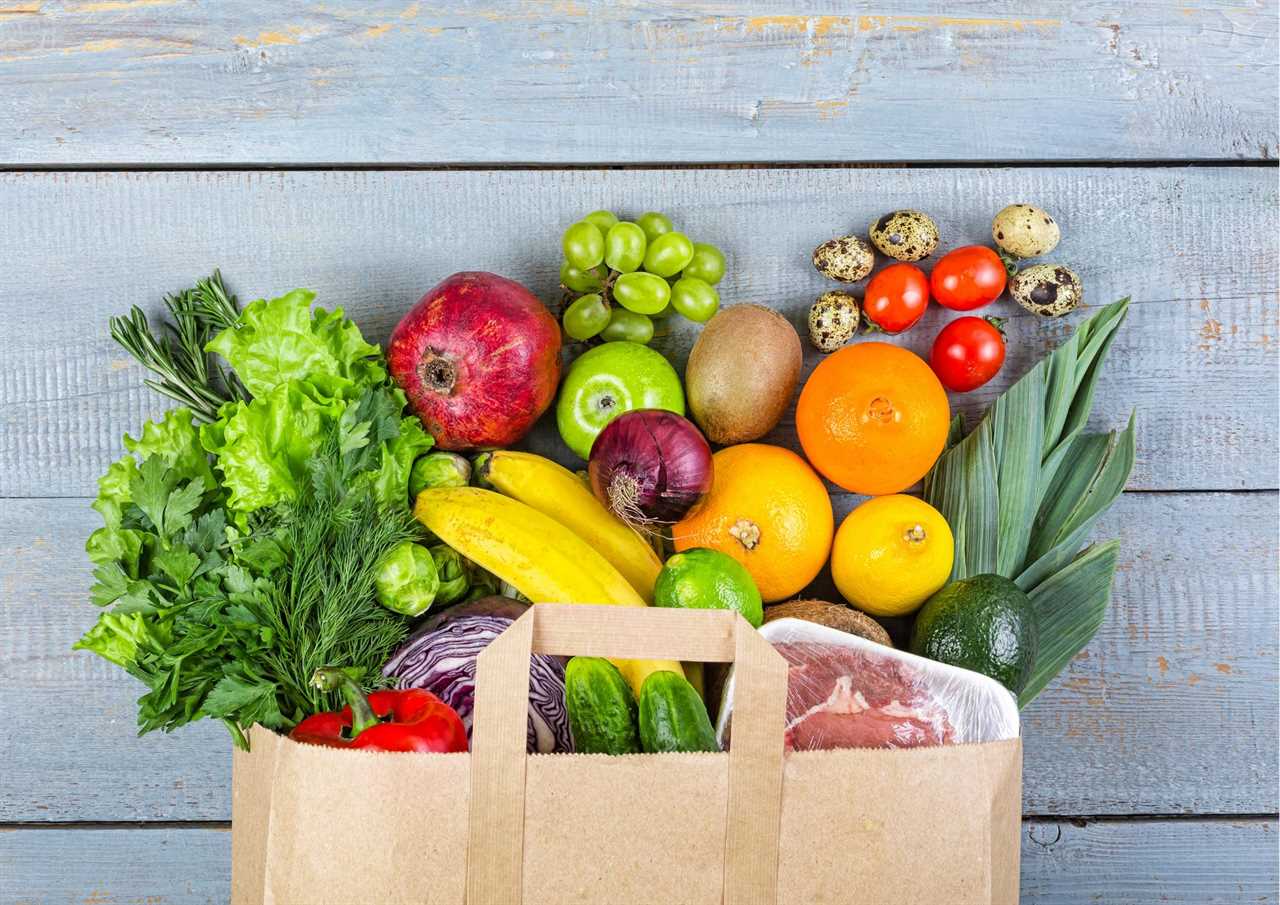 |
Health benefits of eating organic?A review in The Annals of Internal Medicine failed to find strong evidence that organic foods are significantly more nutritious than conventional foods. Lisa |
 |
The Benefits of Crop RotationCrop rotation is a way to grow multiple types of crops in the same space. This is done in an effort to diversify the ecosystem, reduce pest and weed.. |
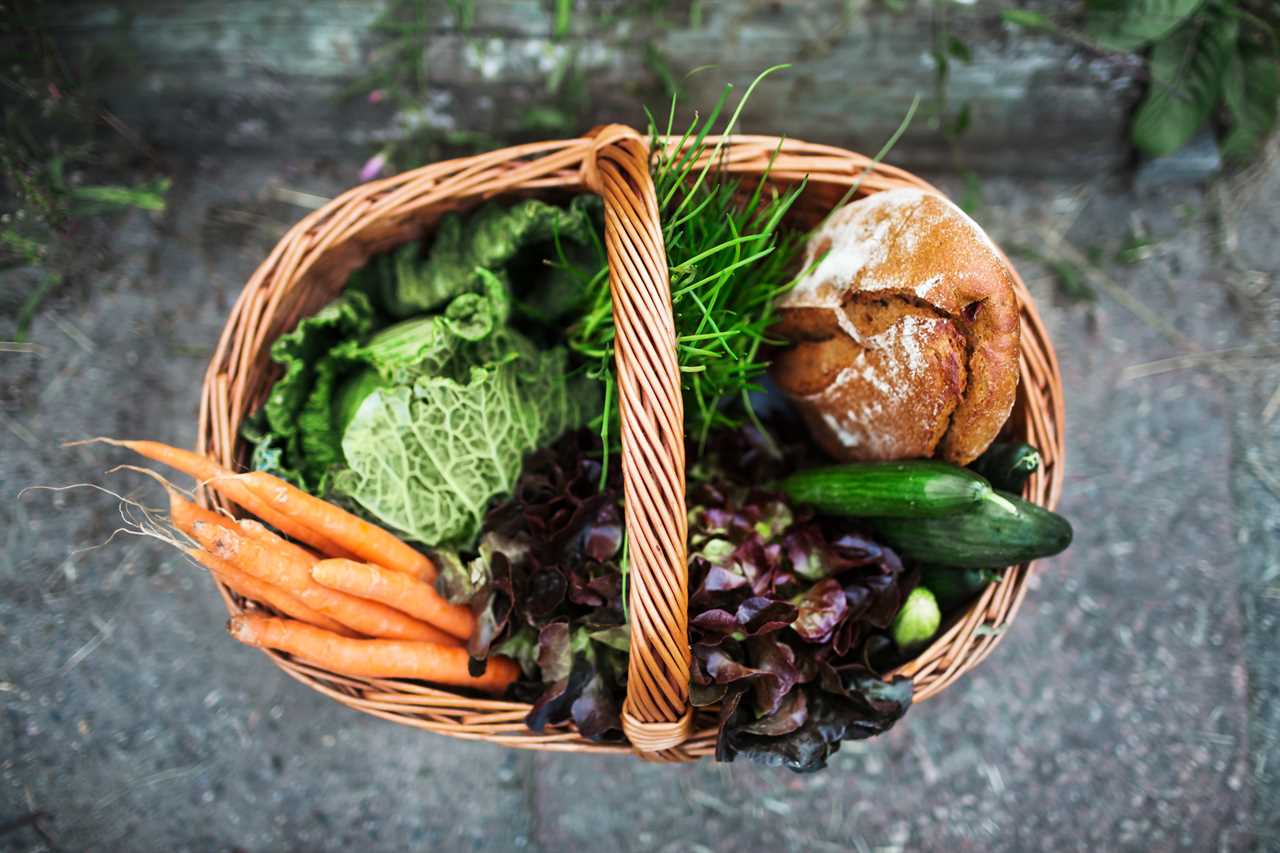 |
Do I Need To Eat 100 % Organic Food? – Dr. BergFor more info on health-related topics, go here: https://bit.ly/2YI8NLc Take Dr. Berg's Free Keto Mini-Course: http://pxlme.me/-i717vtY […] |
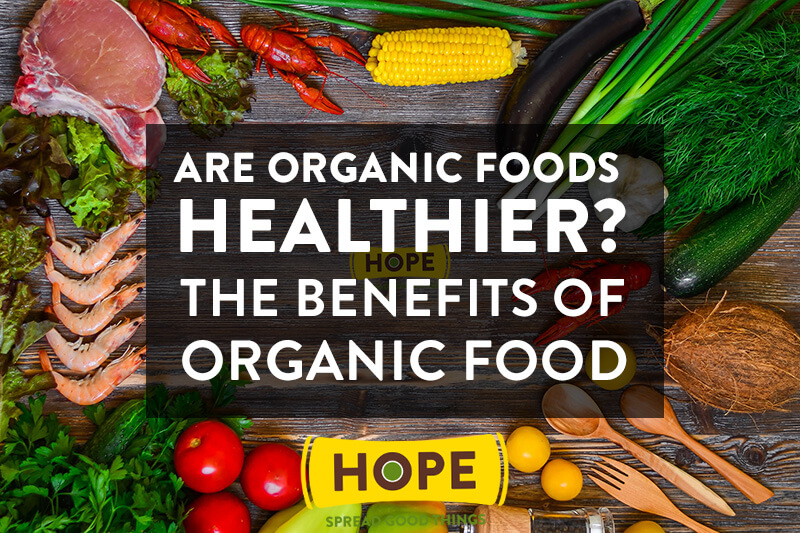 |
The Importance of Soil Conservation in Meeting the Sustainable Development GoalsSoil conservation is important for maintaining the soil's health and resilience. The microbial and faunal communities in the soil are impacted by.. |
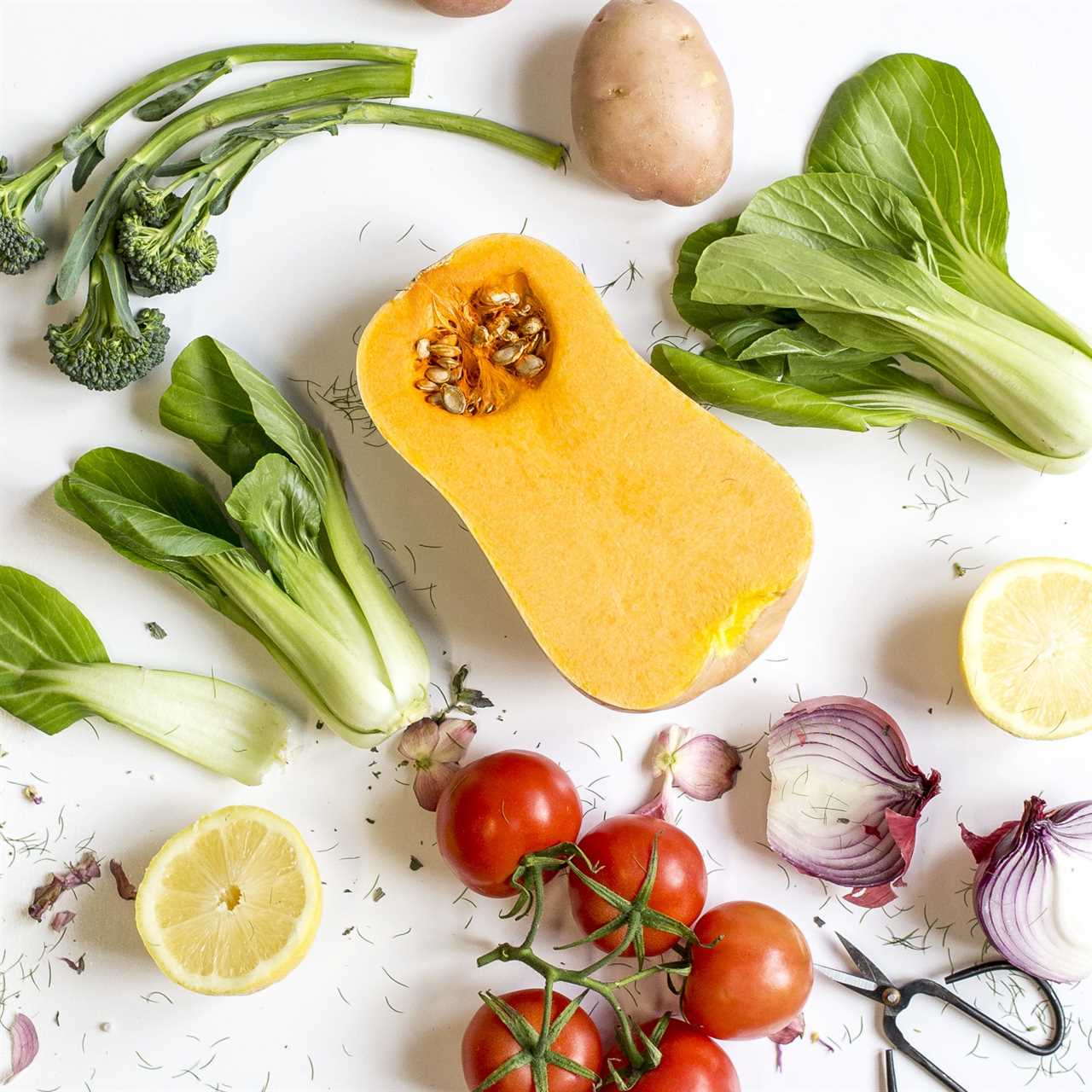 |
Benefits of Organic FarmingOrganic farming is one of the best ways to help protect the environment. It can also provide a number of benefits for your farm, including increased.. |
 |
Is `organic` food actually healthier for you?Dr. Marc talks about organic food. |
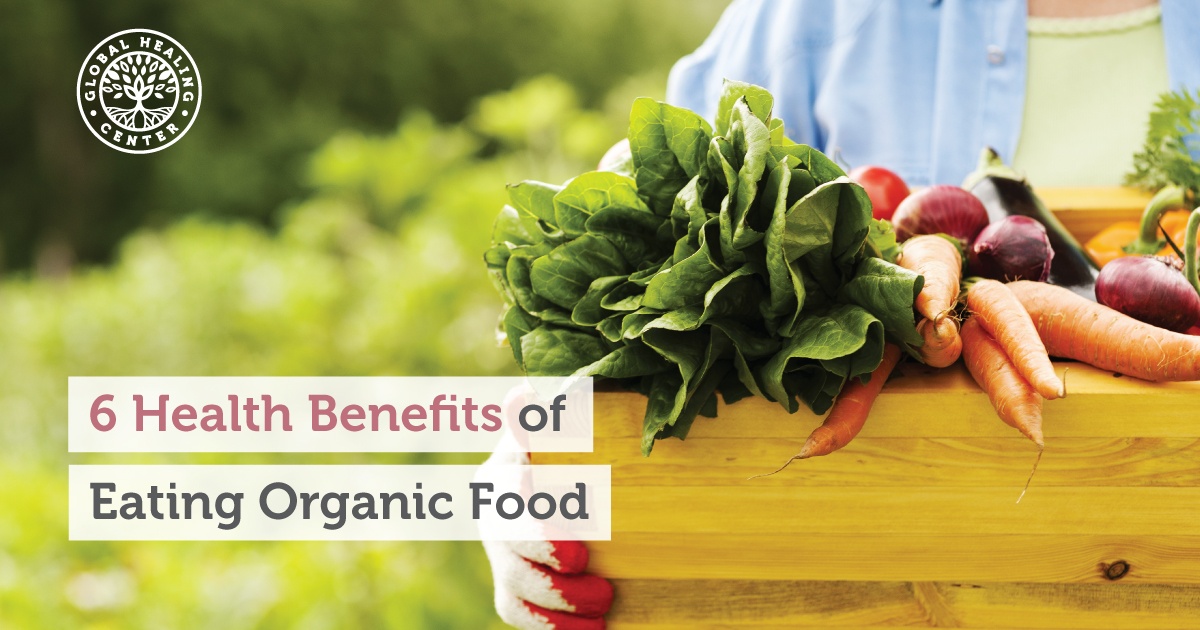 |
Organic Farming MagazineOrganic farming magazine is a resource that provides you with the latest information on organic agriculture, health, and sustainability. It also.. |
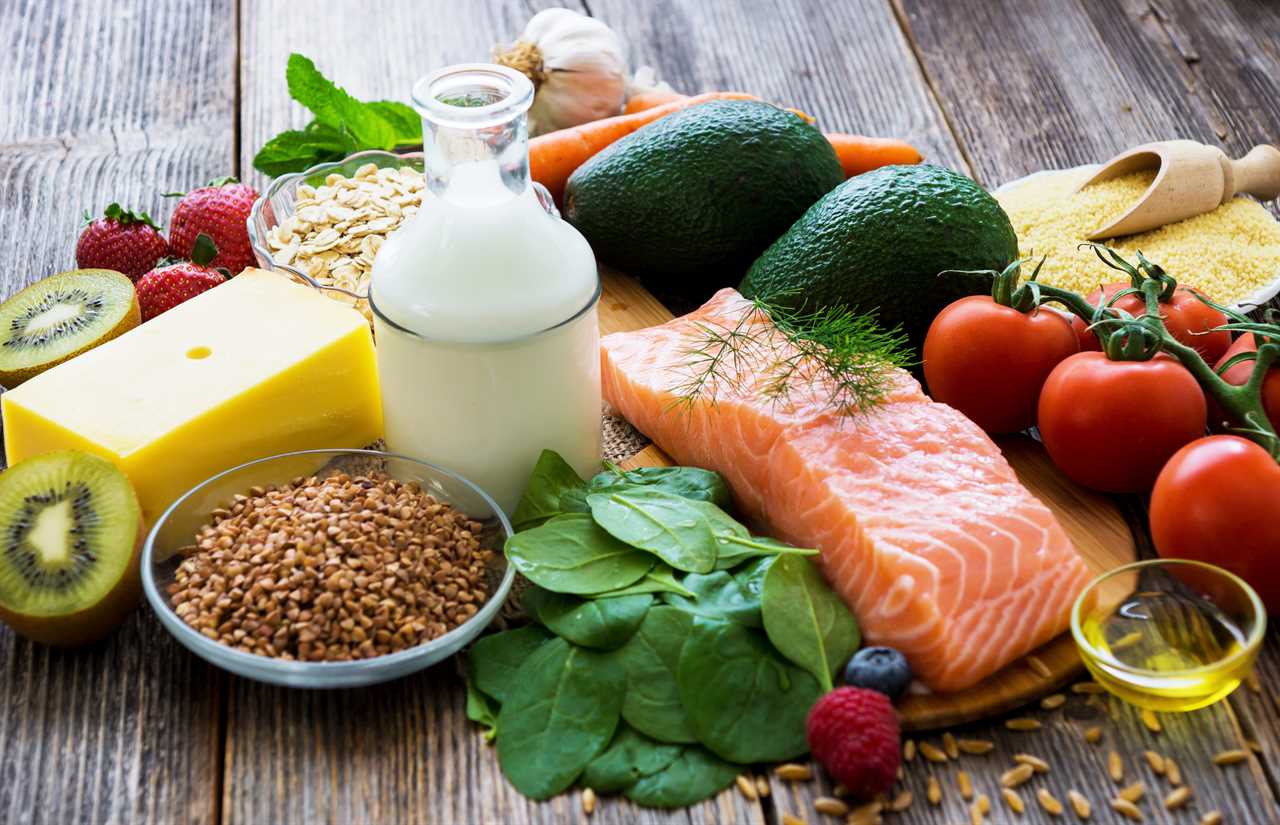 |
Is Organic Food Really Worth It?The organic food industry is a booming business. U.S. organic sales surged in 2020, jumping by 12.4% to $61.9 billion. With consumers being more health |
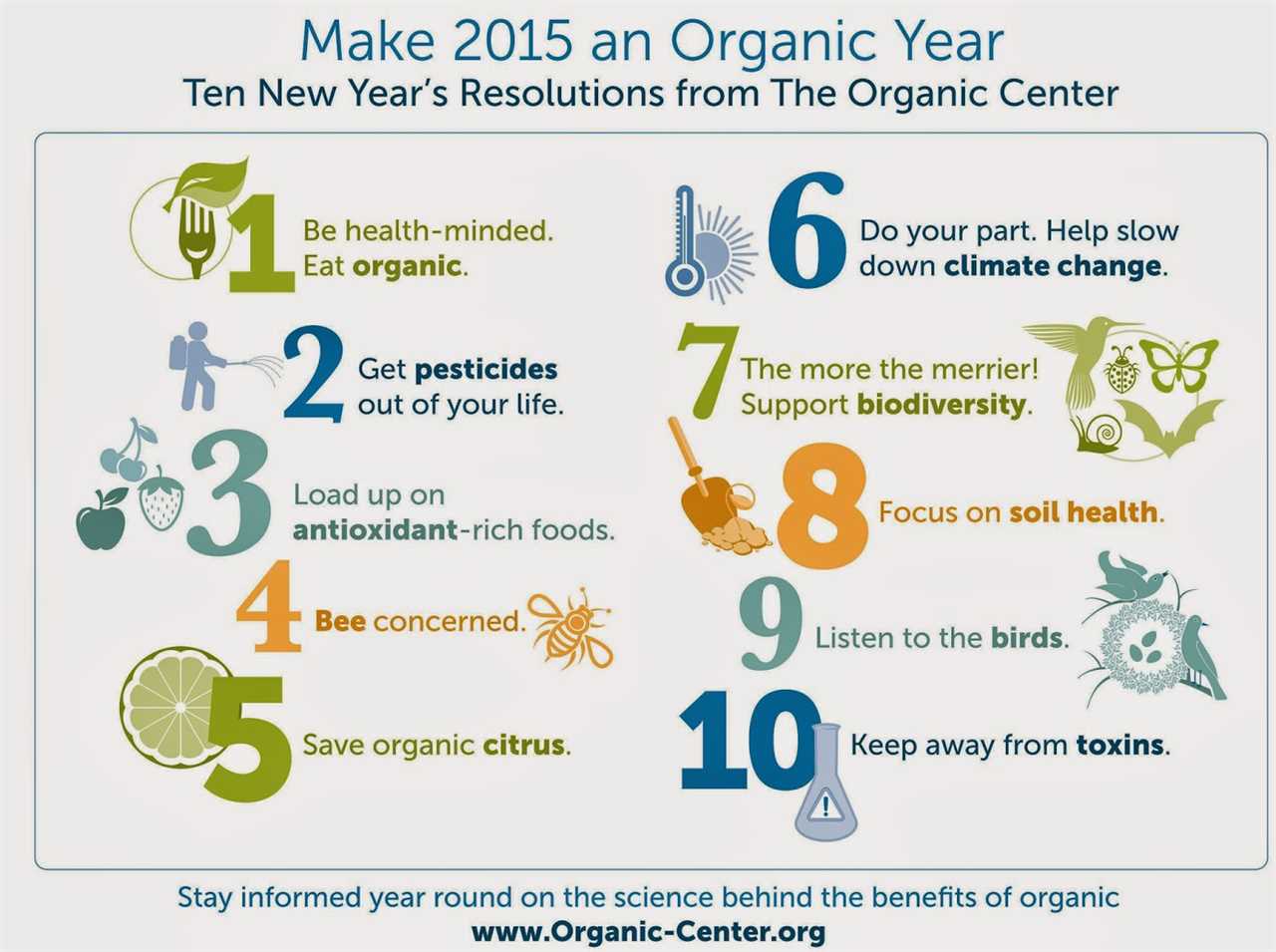 |
The Difference Between Organic Milk and Regular MilkOrganic milk is a type of milk that comes from livestock that is raised according to organic farming methods. This is a term that is regulated by.. |
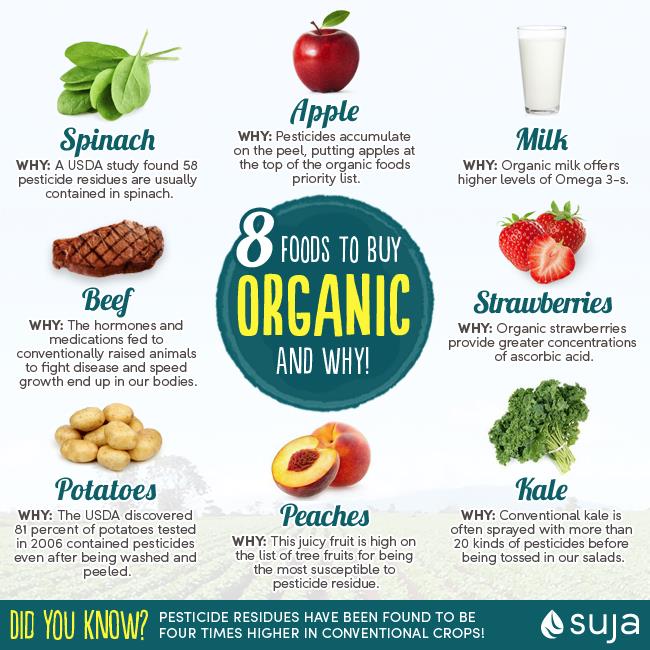 |
The Benefits of CompostingComposting your waste can be a very effective way of ensuring that your organic material is being broken down to the best of its ability. When.. |
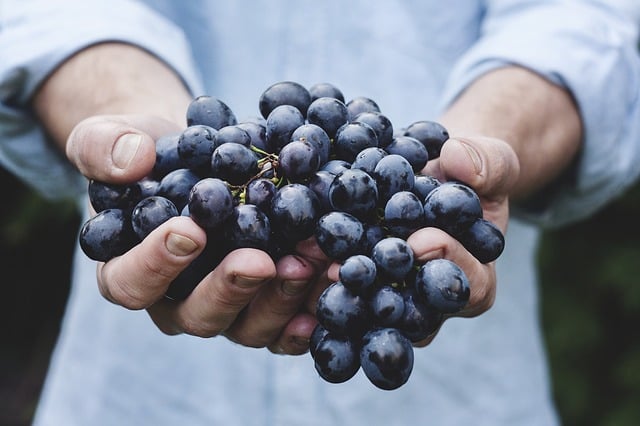 |
Is Organic Farming Beneficial to Biodiversity?Organic farming is a growing interest in the scientific community, and researchers have been investigating whether the practice is beneficial to.. |
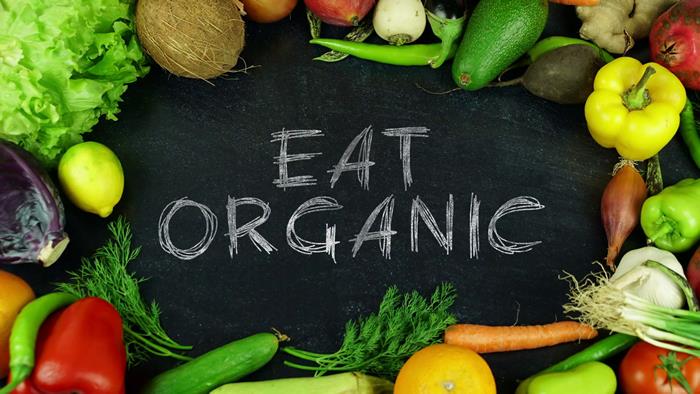 |
Organic eatingOrganic Cultur |
 |
What is Organic Cotton?Organic cotton is the type of cotton that is grown without using pesticides or chemicals. It is also the type of cotton that is grown in subtropical.. |
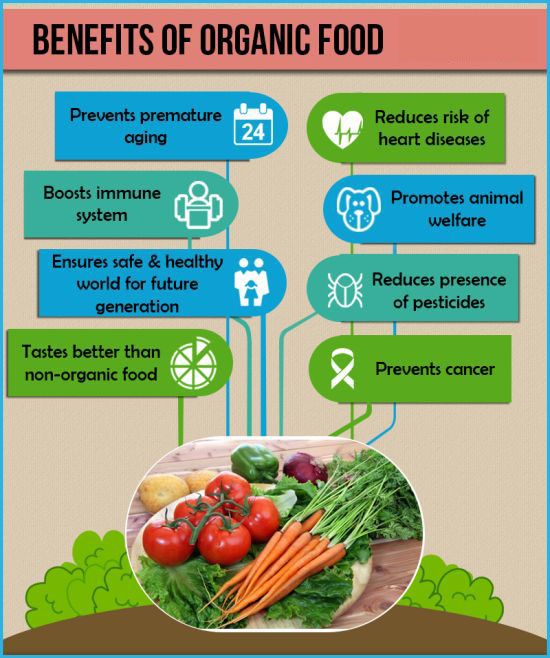 |
Benefits of Cover CropsIf you aren't familiar with cover crops, you may be surprised to learn that they are plants that are planted to grow on top of the soil to help.. |
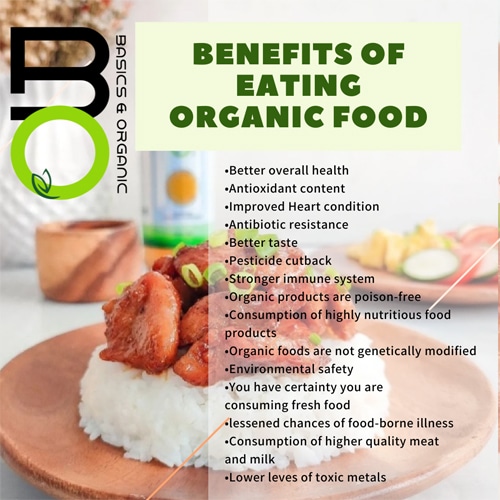 |
Learn How to Become an Organic Farmer Through a Training ProgramIf you are looking to become an organic farmer, there are several ways you can do so. One option is to take a training program that will teach you.. |
 |
Exotic VegetablesWhen it comes to vegetables, there are plenty of choices to choose from. Some of the most popular choices include broccoli, corn, carrots, and.. |
 |
The Benefits and Pitfalls of Organic Farming OrganizationsOrganic farming is an approach to farming that is not only ecologically sound, but also financially feasible. It is a method that is free from.. |
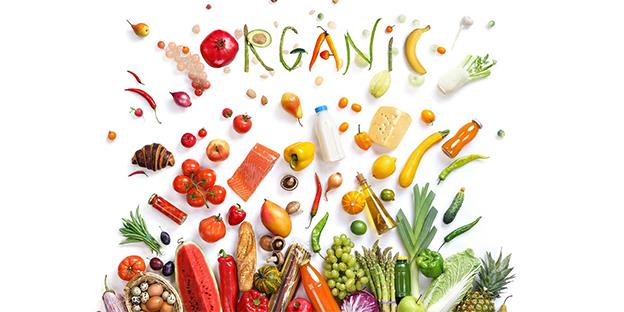 |
Soil Composition and BiodiversityThe soil that we have around us is a vital part of our lives. It is the home for many plants and animals. It also has a texture, a color, and many.. |
 |
Organic Farming PrinciplesOrganic farming is a practice that is designed to be sustainable and healthy. Its principles include avoiding harms produced by industrial farming.. |
 |
When Did Organic Food Start?The answer to the question when did organic food start? will vary depending on the time period in which you are looking at. For instance, it may be a |
 |
Can Organic Be GMO?The question Can organic be GMO is an ongoing debate among many consumers. While it's possible to eat foods that have been produced using genetic.. |
 |
Chhattisgarh's Organic Farming SchoolsThe government of Chhattisgarh has started to introduce organic farming schools. This initiative is intended to provide the young generation with the |
 |
What is a Conventional Farm?Conventional farm is the term used to describe a farm that is not organic. It is a form of agriculture that is associated with better soil quality,.. |
 |
The Rodale InstituteThe Rodale Institute is a nonprofit organization that aims to support research into organic farming. It was founded in 1947 by J. I. Rodale, an.. |
 |
The Latest Research on Organic | The Organic CenterResearched articles about eating Organic food |
 |
Korean GardeningKorean gardening is one of the oldest ways to grow plants. It involves planting herbs, fruits, and vegetables that are used in kimchi, a type of.. |
.png)





